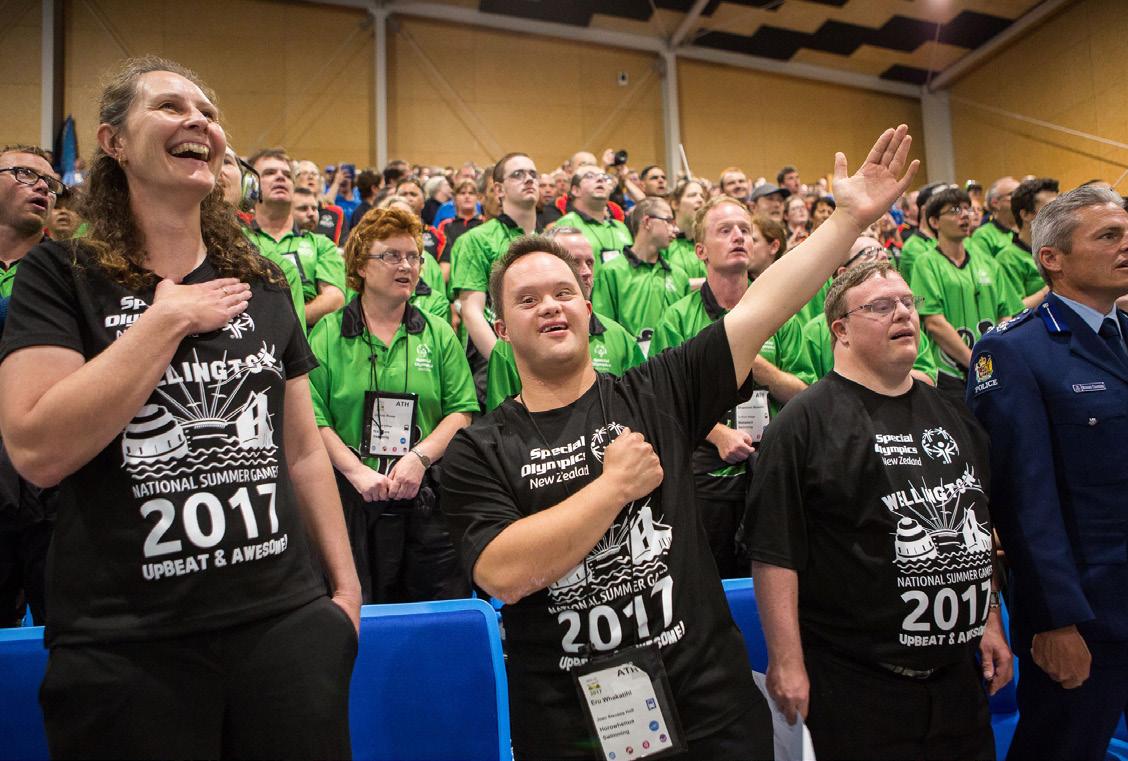Champion Centre
Common sense, science, and singing at the Champion Centre By Dr Lauren Porter Registered clinical social worker & Clinical Director at the Champion Centre
Page 30
All of us have seen - or been - the parent singing Twinkle Twinkle Little Star to our baby. We configure our fingers into a diamond and lift them up into the air, all while singing and smiling and watching our baby’s face. We naturally sing soothing soft tones when our baby cries and try our best at upbeat songs from the Wiggles whilst we drive with them in the car. At the Champion Centre, music and singing is a part of every child’s programme. Parents and children sit together, led by a music specialist. We sing, play instruments, move our bodies, and twirl with ribbons. Singing, it seems, is a natural part of childhood. But why? There are many reasons for music and singing in human culture. We use song for communication, to pass on cultural messages, to pass the time, to understand our world, to integrate our feelings, to
express ourselves, to pass the time, and to have fun. Recent research indicates that singing has specific impact on infants and may reveal something unique about infants with Down syndrome. According to 2015 research out of the USA, when mothers sing to their babies for two minutes, babies are supported in their ability to self-regulate. Selfregulation is an oft-used term that refers to a person’s ability to manage and respond to their internal states. In other words, as we experience emotions, are we able to understand and flexibly respond to them, or do they end up controlling us? Self-regulation has two key components: managing our attention and managing our arousal. Learning self-regulation is a developmental skill that requires significant help from our caregivers. The younger a person, the more help they will











